War is a terrible thing to study, but under the assumption that fresh ones are in the offing, such study is at least instructive and at best useful. Thus has been the worth, lo these 2,400 years, of the examination of the Peloponnesian War.
Homer began his Odyssey with these lines: “Sing to me of the man, Muse, the man of twists and turns” (Fagles translation, 1996). Homer knew much about the nature of men and the nature of war. Although he was writing about characters and warfare of very roughly 1000 bc, he might well have been describing the mutually destructive conflict between Sparta and Athens 600 years later. This was a war of twists and turns, and of men of twists and turns.
The entire contest, beginning with its causes and suffusing its 27-year course, is a mare’s nest of convolutions, outrageous treachery, dumbfounding idiocies, streaks of strategic and tactical brilliance, and crushing misfortune. But there is no need to scan the entire war; its final few years serve admirably.
Through 20 years of war, several principles had fairly well been accepted by all: that Sparta, fielding a practically invincible army, would retain control of much of the land, and that Athens, being a maritime power, would control the seas. Indeed, Sparta virtually roamed and plundered Attica at will while Athens imported its food through the Hellespont and Bosporus to its port at Piraeus and hence through its Long Walls to the city itself.
Then Sparta attempted its own strategic “twist.” For one, it would attempt to defeat Athens on the sea, these landlubbers thus taking up sails to attempt outfighting the region’s best naval power. That was not all of Sparta’s “out of the box” thinking. It would get the money to build a navy by making an alliance with Persia, the empire it fought so notably 80 years before.
Even all this might have failed had not Athens, known for its intelligence, ushered up a string of stupidities. The one most notable in this stage proceeded from the 406 bc sea battle of Arginusae Islands near the Ionian island of Lesbos. After a heroic effort of taxation, melting down its temple gold to build more ships, and then manning them with its citizens rich and poor, Athens smashed the Spartan fleet. But owing to a whipped-up sea, the eight squadron admirals were unable to rescue Athenians struggling in the water, doubling Athenian casualties. Demagogues and spineless politicians condemned the eight battle winners to death.
Although crippled in competent admiralship as well as in seamen, Athens continued patrolling the sea lanes to keep the food flowing. Sparta sued for peace. Predicting victory, Athens rejected the reasonable terms.
Sparta looked to a man named Lysander, who turned out to be an astonishingly good strategist and admiral. He led his fleet up and down the Ionian coast until he found the Hellespont unguarded, seized it, and choked off Athenian food supply. Athenian admirals had to respond. They sailed to the region and anchored some miles from the Spartan ships.
The brilliant Alcibiades, hero of Athens, then gross traitor, then hero to Athens again, then persona non grata exiled in the area, risked his life to warn the Athenian admirals that their anchorage was vulnerable to a daring Spartan excursion. The Athenians responded to the effect that they would not countenance the words of such an amoral man as Alcibiades.
But the reprobate was telling the truth. Lysander sortied, caught the overconfident Athenians when ashore eating, and destroyed their fleet. The game was up. Athens lay penniless and prostrate. Lysander sailed to the noble city, terms in hand.
A final twist. Sparta’s terms were not harsh enough in the opinion of the Thebans, Corinthians, and other Spartan allies, who wanted Athens destroyed and its population sold into slavery. Sparta refused, for the reason that Athens had saved Greek civilization during the wars against Persian invasion. n
Brooke C. Stoddard
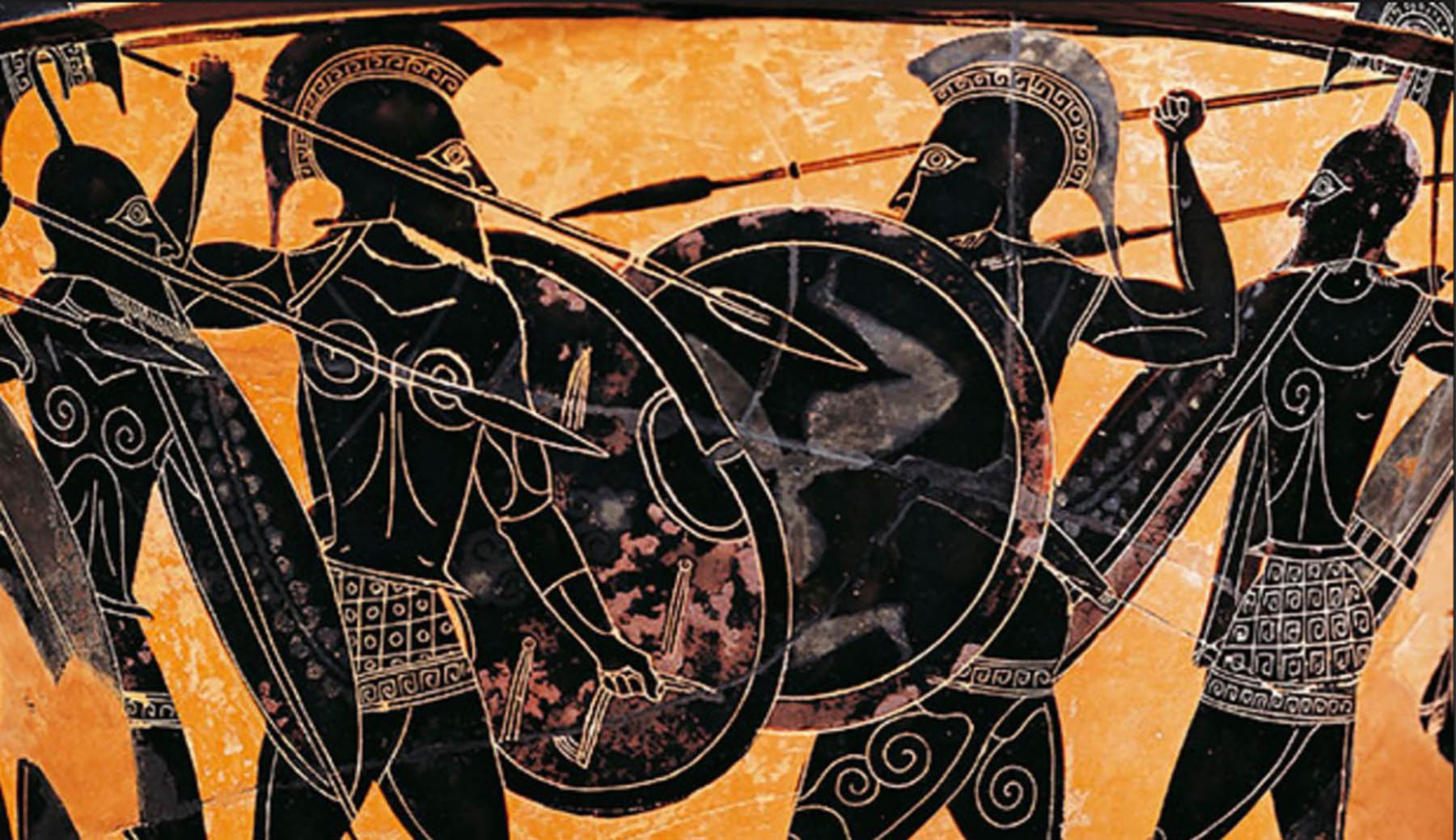
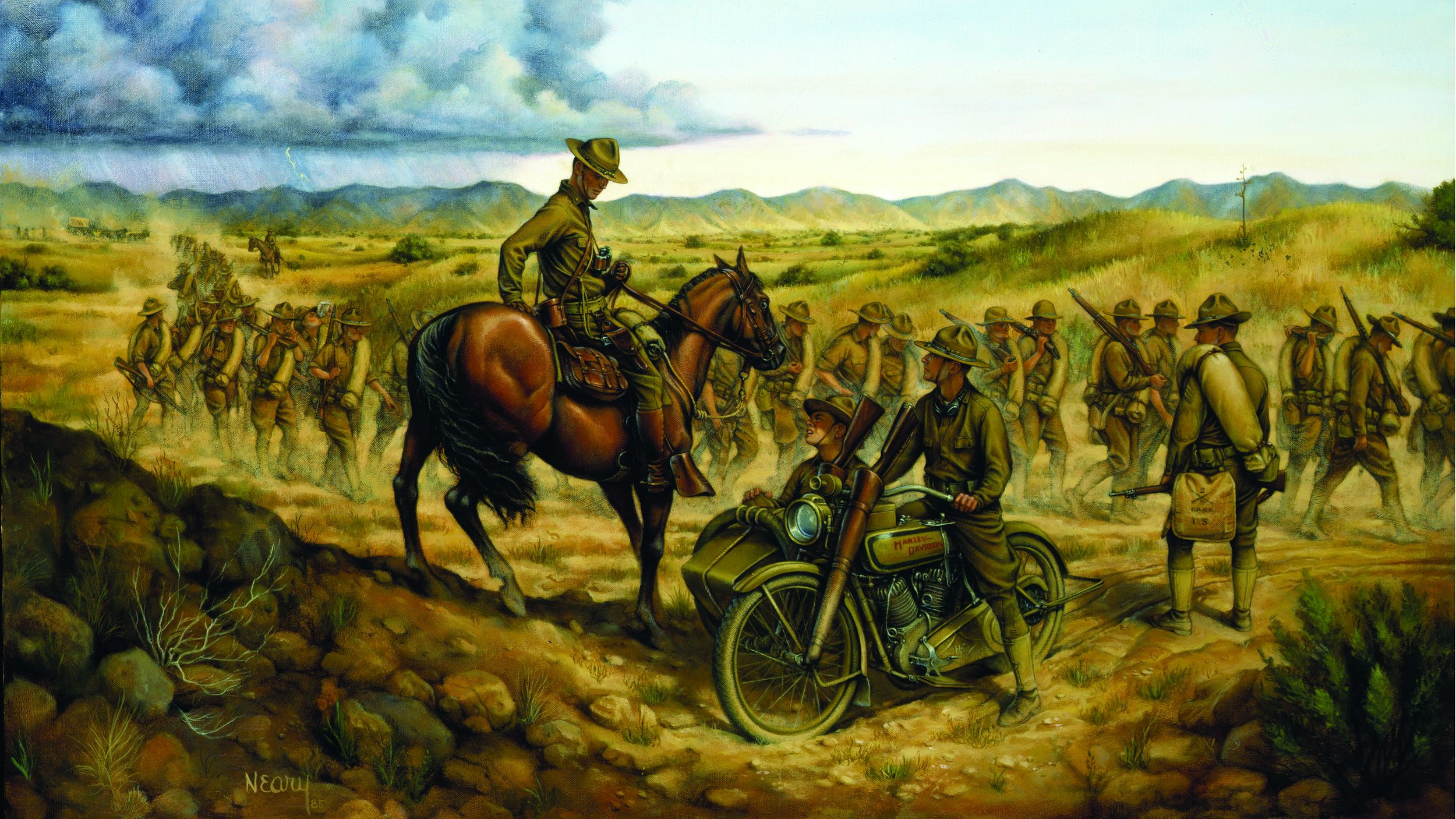
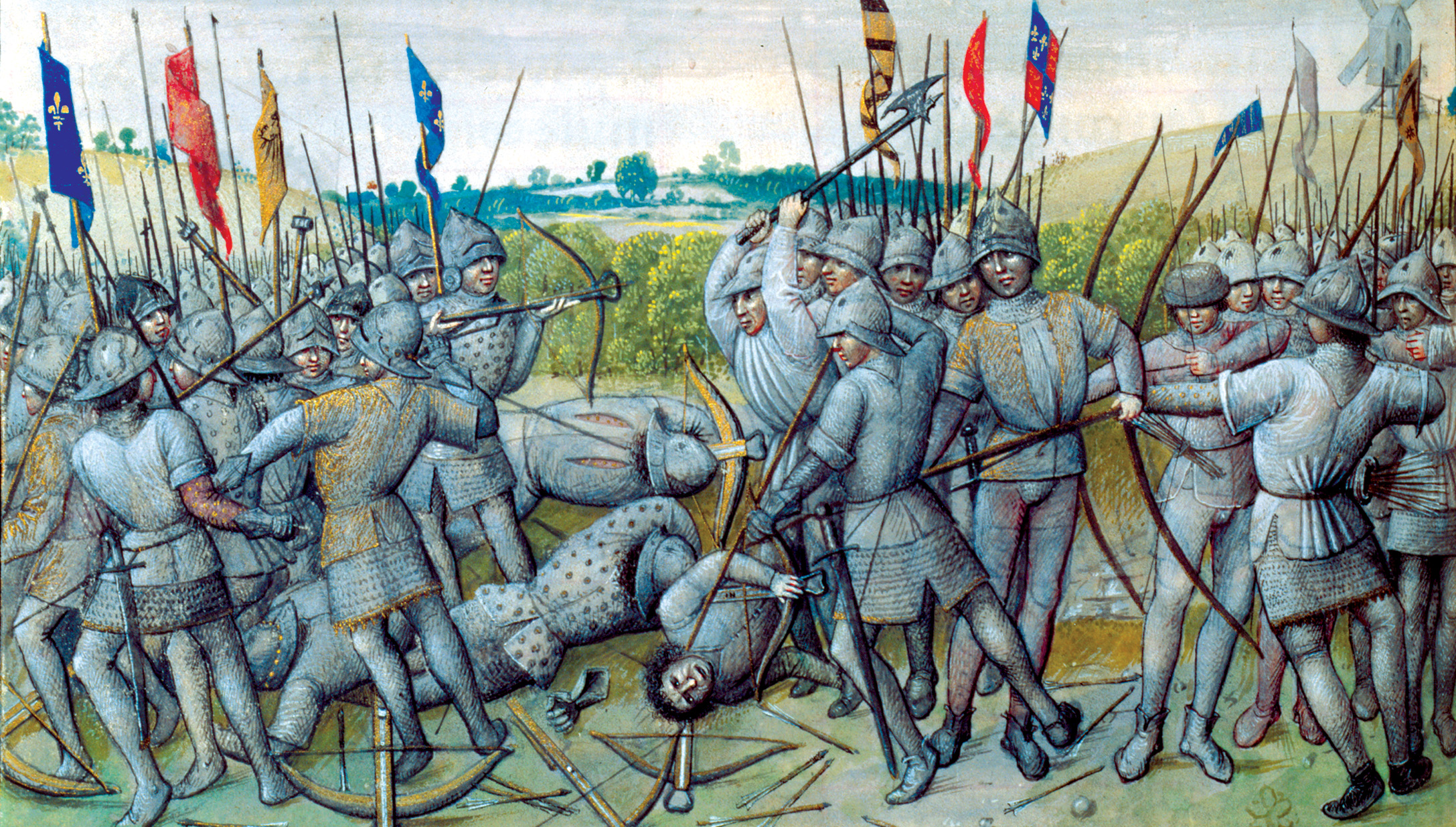

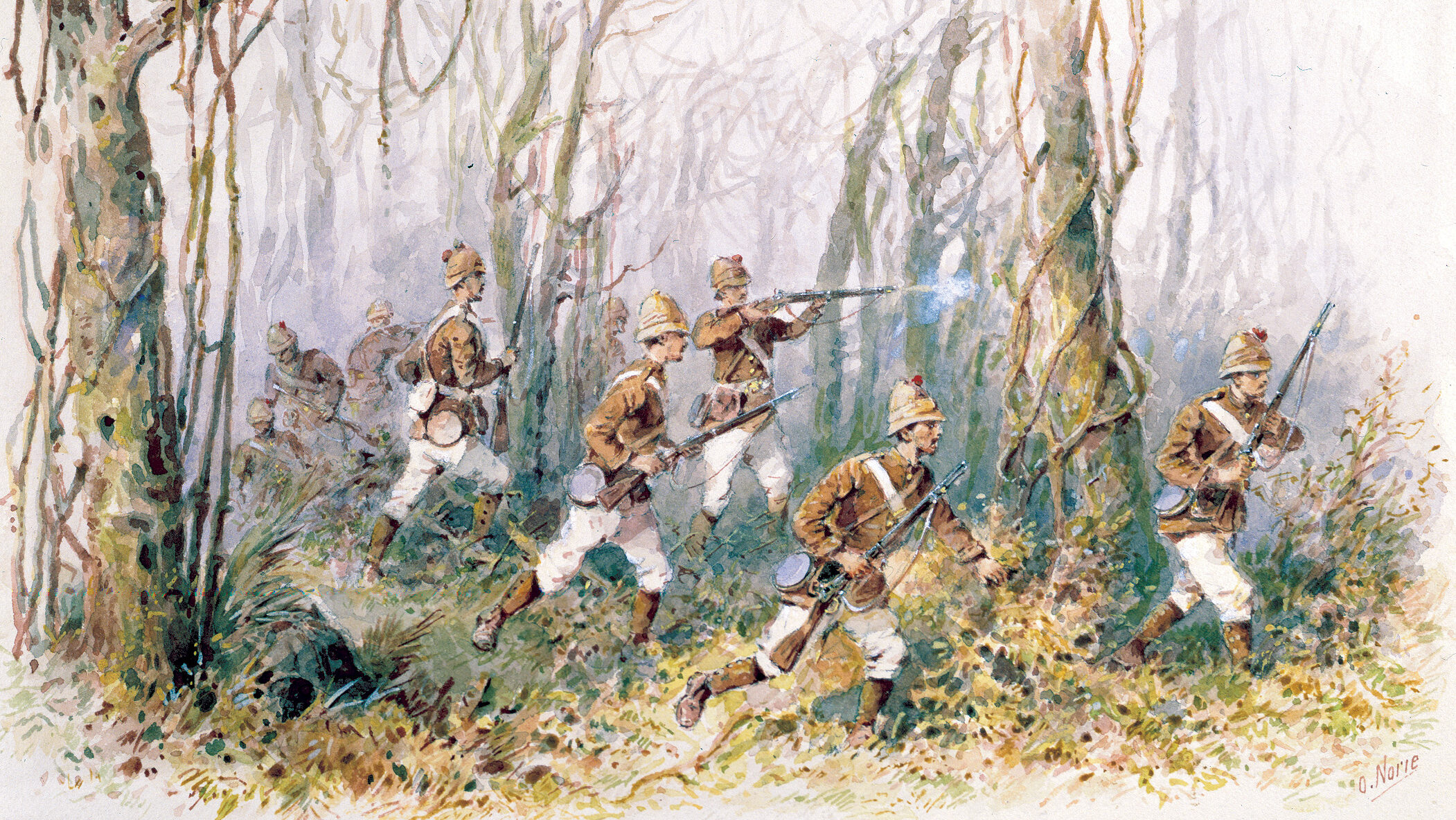
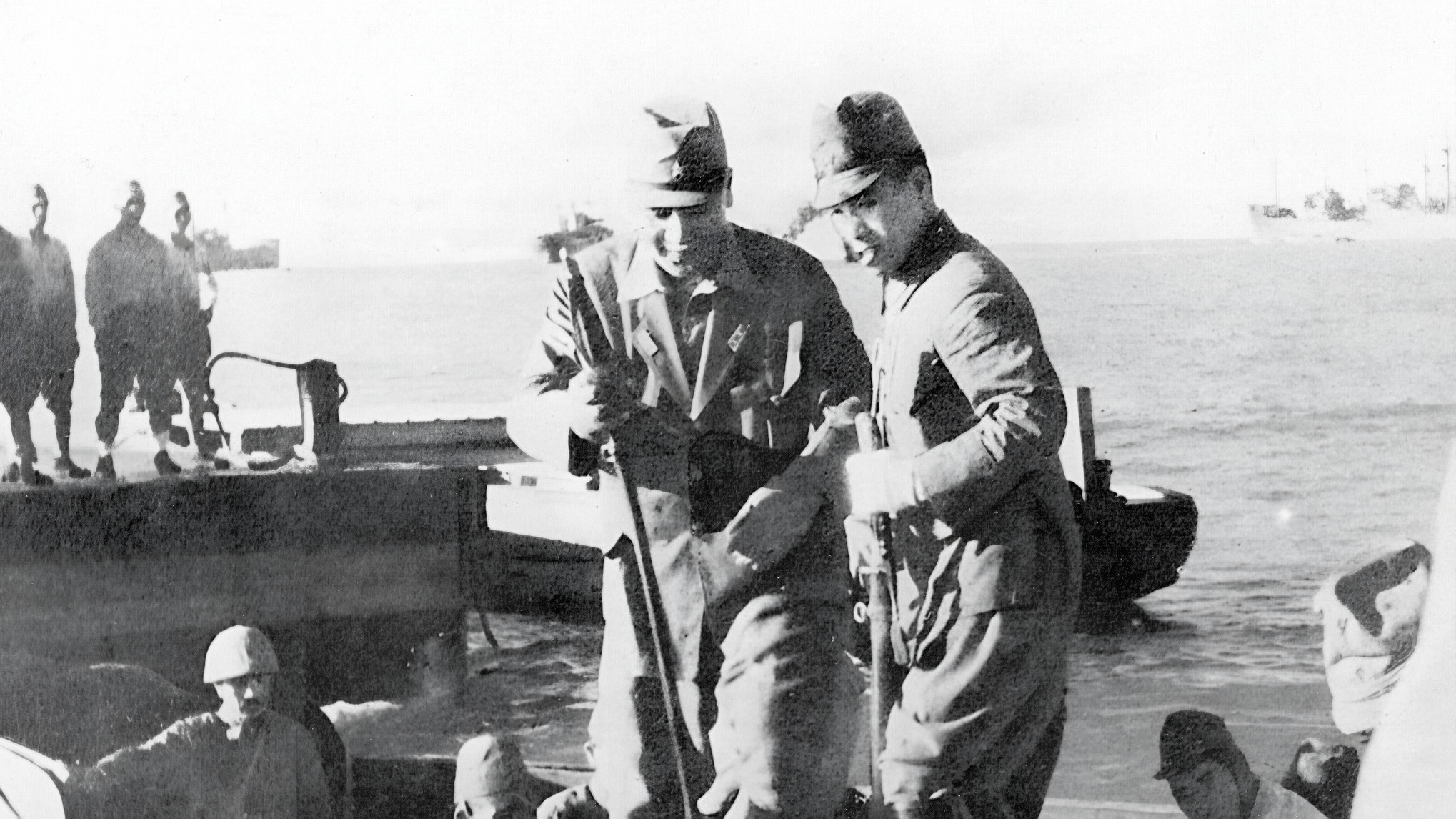
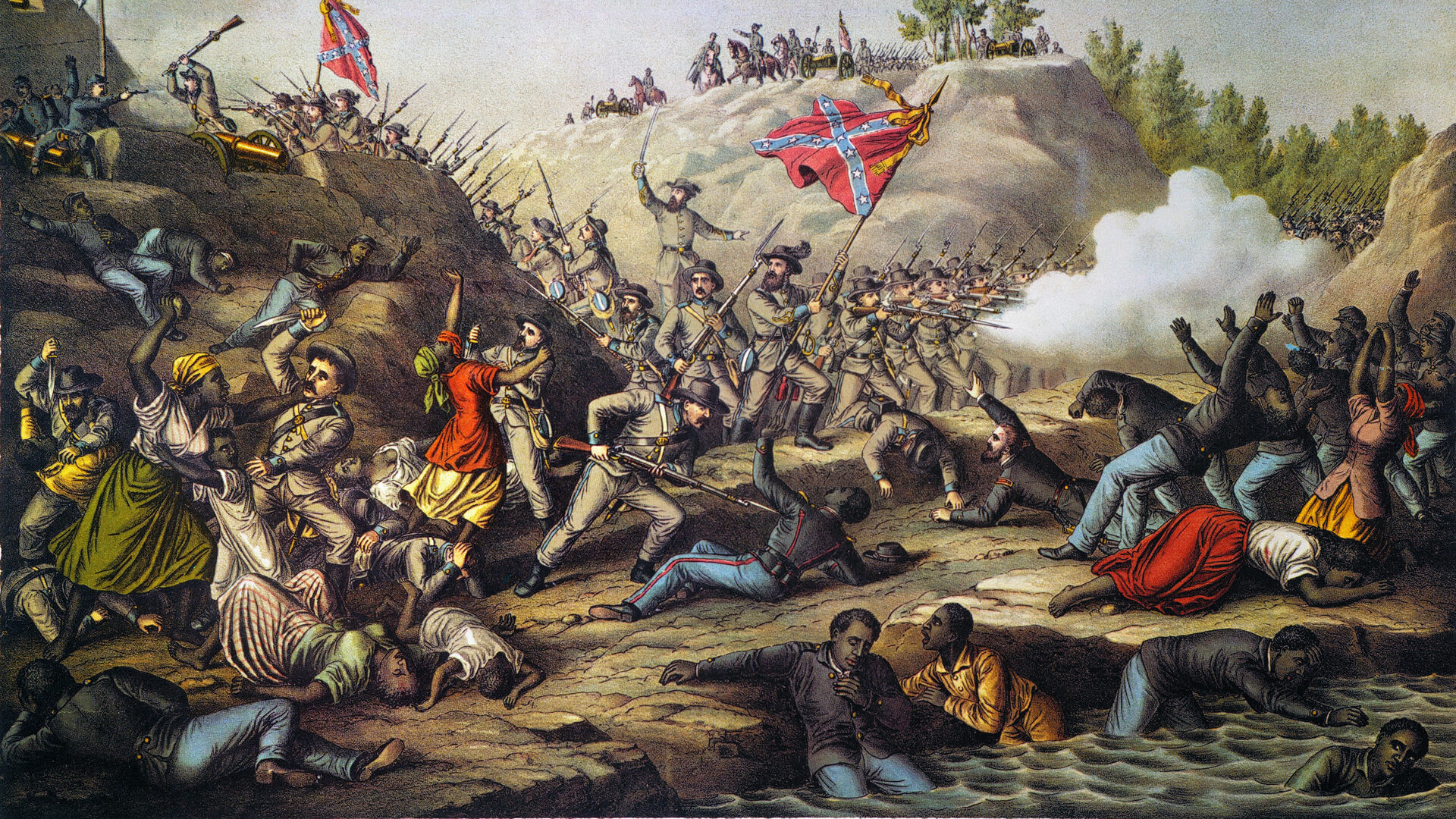
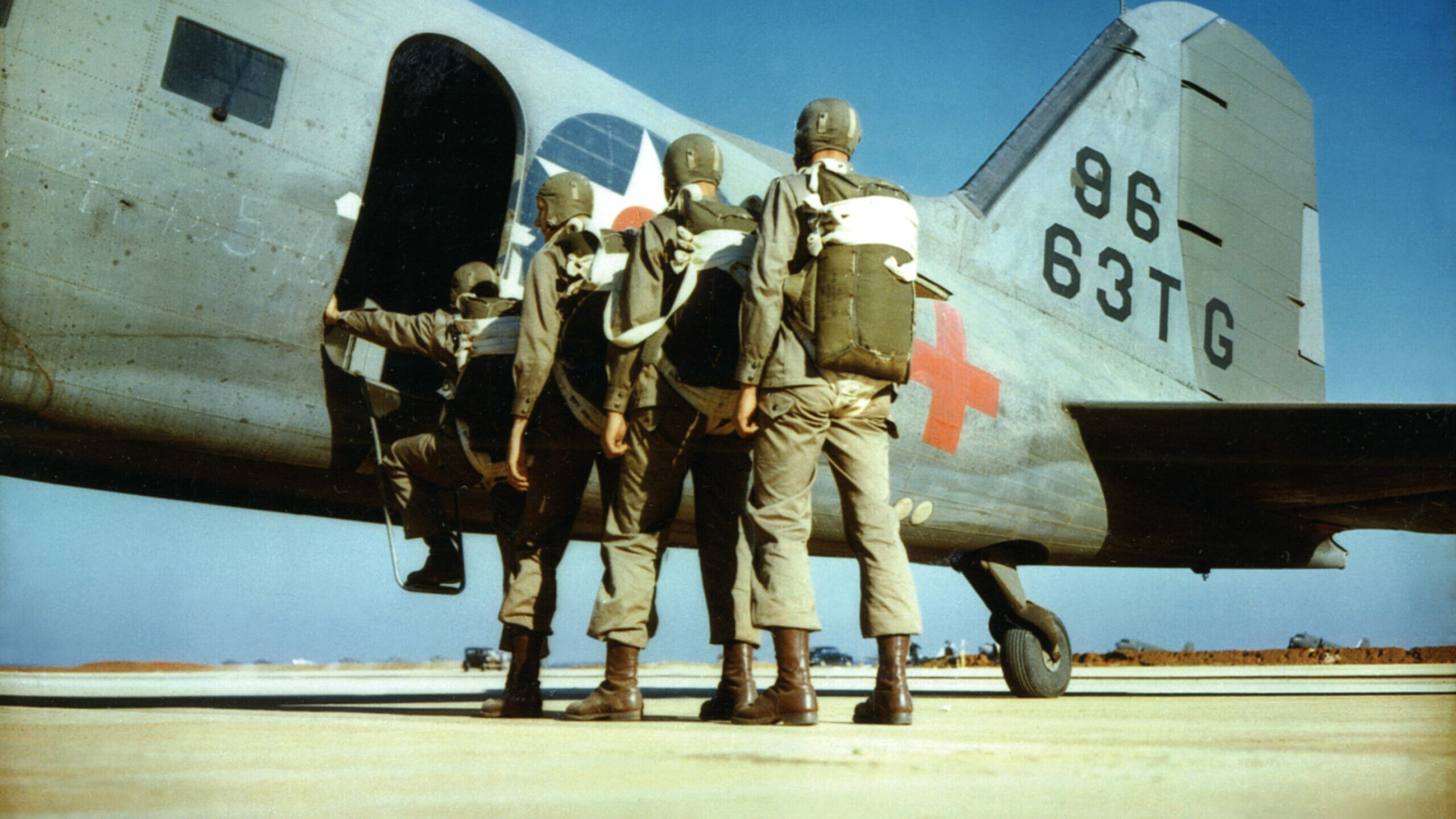
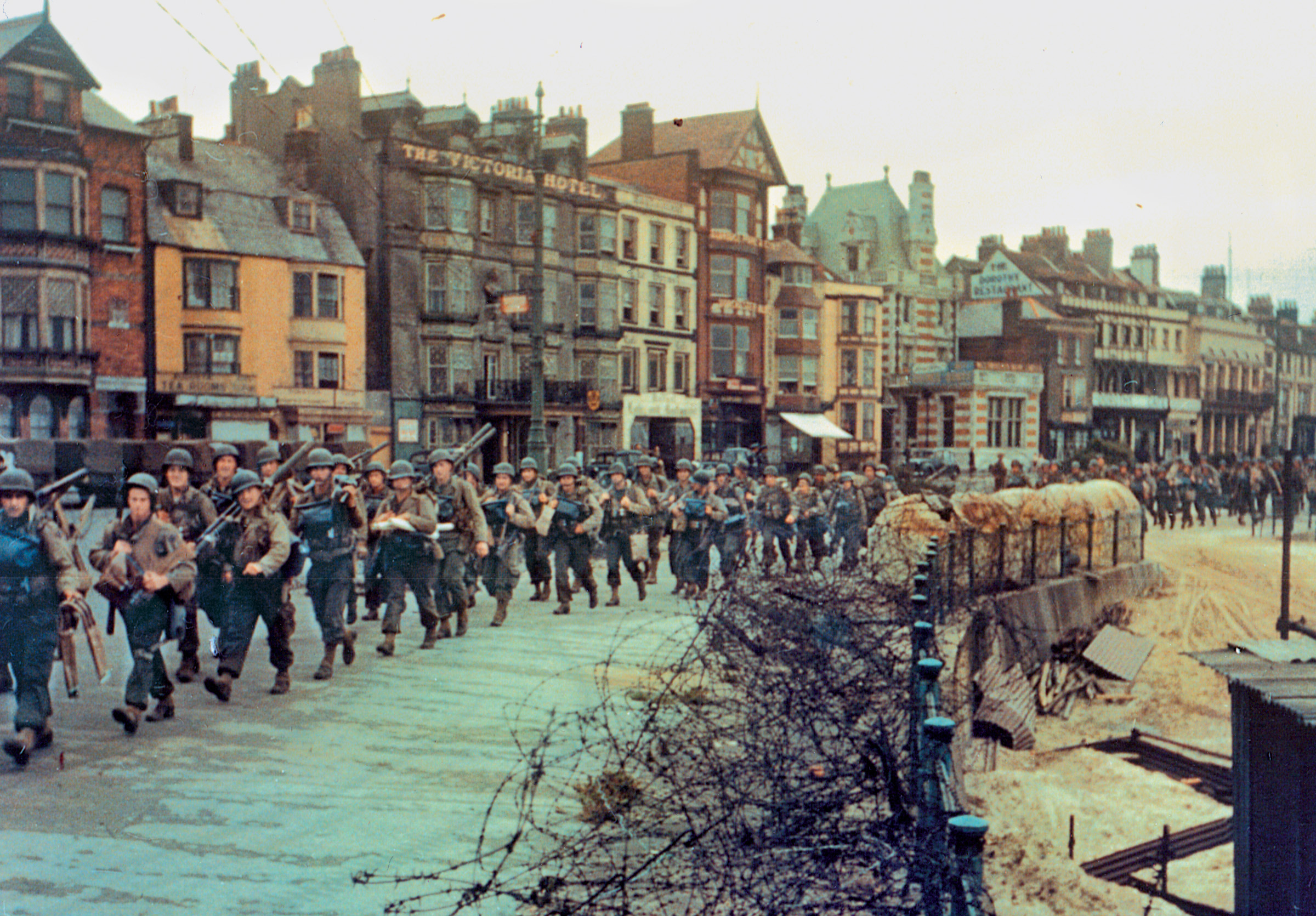
“Demagogues and spineless politicians condemned the eight battle winners to death.”
Yeah, demagogues and spineless politicians are still doing that sort of stuff.